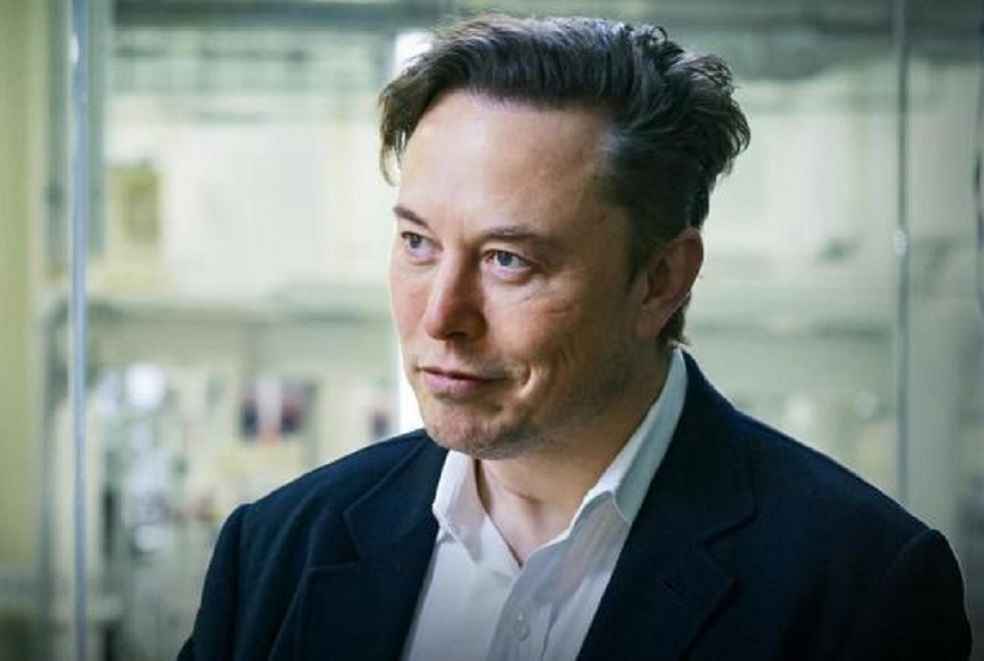India aims to attract global electric vehicle (EV) manufacturers, including Tesla, through the launch of a dedicated EV policy portal under the Scheme to Promote Manufacturing of Electric Passenger Cars in India (SPMEPCI). Introduced by Union Heavy Industries Minister H.D. Kumaraswamy, the platform marks a strategic effort to strengthen the country’s EV manufacturing base and demonstrate openness to global players.
“Tesla can also apply; we are still open to Tesla,” Kumaraswamy said at the portal’s launch, adding that formal invitations would soon be sent to embassies in countries such as the United States, Germany, Vietnam, the United Kingdom, and the former Czechoslovakia.
Although Tesla CEO Elon Musk has previously indicated interest in India, the American EV giant has so far limited its presence to vehicle imports through company-owned showrooms. The government, however, continues to engage actively, hoping to persuade Tesla to establish local manufacturing operations.

While Chinese automaker BYD remains restricted from investing due to India’s land border investment policy, Vietnam’s VinFast, which has already begun local operations, may not yet qualify under SPMEPCI. According to a senior official, the policy requires a fresh investment of $500 million for eligibility, even if prior investments have been made. “Their investment has already been made. Under the policy, if they come up with a fresh investment of $500 million, even in the same location, they are eligible for concessional import duties,” the official said.
SPMEPCI, first announced in March 2023, was delayed for over 15 months pending the finalization of guidelines. The delay was widely speculated to be related to ongoing negotiations with Tesla. The newly finalized policy outlines the following key criteria:
- A minimum investment of ₹4,150 crore (approximately $500 million) within three years of application approval.
- Manufacturing must begin within three years.
- Domestic Value Addition (DVA) of at least 25% within three years and 50% within five years.
- Concessional customs duty of 15% for completely built-up units (CBUs) with a minimum CIF value of $35,000, limited to 8,000 units annually for five years.

Eligibility restricted to global automakers with at least ₹10,000 crore in annual revenue and ₹3,000 crore in global fixed assets.
Initially limited to greenfield investments, the policy has now been broadened to include brownfield projects following resistance from domestic automakers such as Maruti Suzuki, Tata Motors, and Mahindra & Mahindra. However, to maintain transparency, brownfield investments must be clearly separated from existing operations.
This broader inclusion is expected to encourage both Indian and foreign players to expand or diversify their EV manufacturing footprints in the country.
Despite the policy incentives, the initial industry response has been modest. Government officials noted interest from four to five original equipment manufacturers (OEMs), though no firm commitments have been made. Attendees at the portal’s unveiling included representatives from Tata Motors, Mahindra & Mahindra, Hyundai Motor India, and Skoda Volkswagen. While some expressed interest in the concessional import route, they were cautious about utilizing the full import quota of 8,000 units per year.
Regarding speculation about Mercedes-Benz opting out, Minister Kumaraswamy clarified that the company still has time to decide and already maintains substantial investments in India.
AUTO TECH | Hyundai’s Cold Bed Engine Testing Hits 4.25M Fuel-Free Tests





